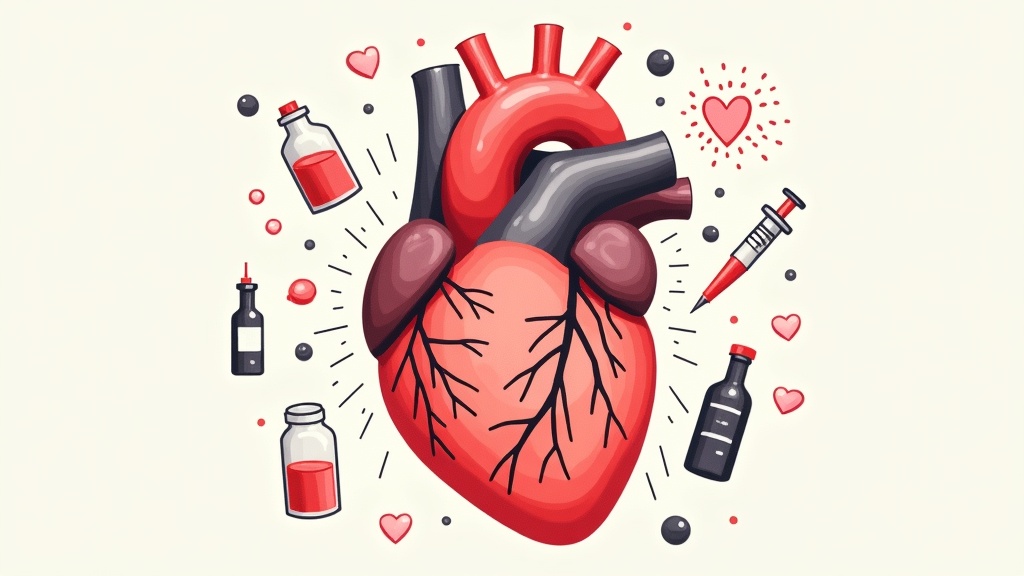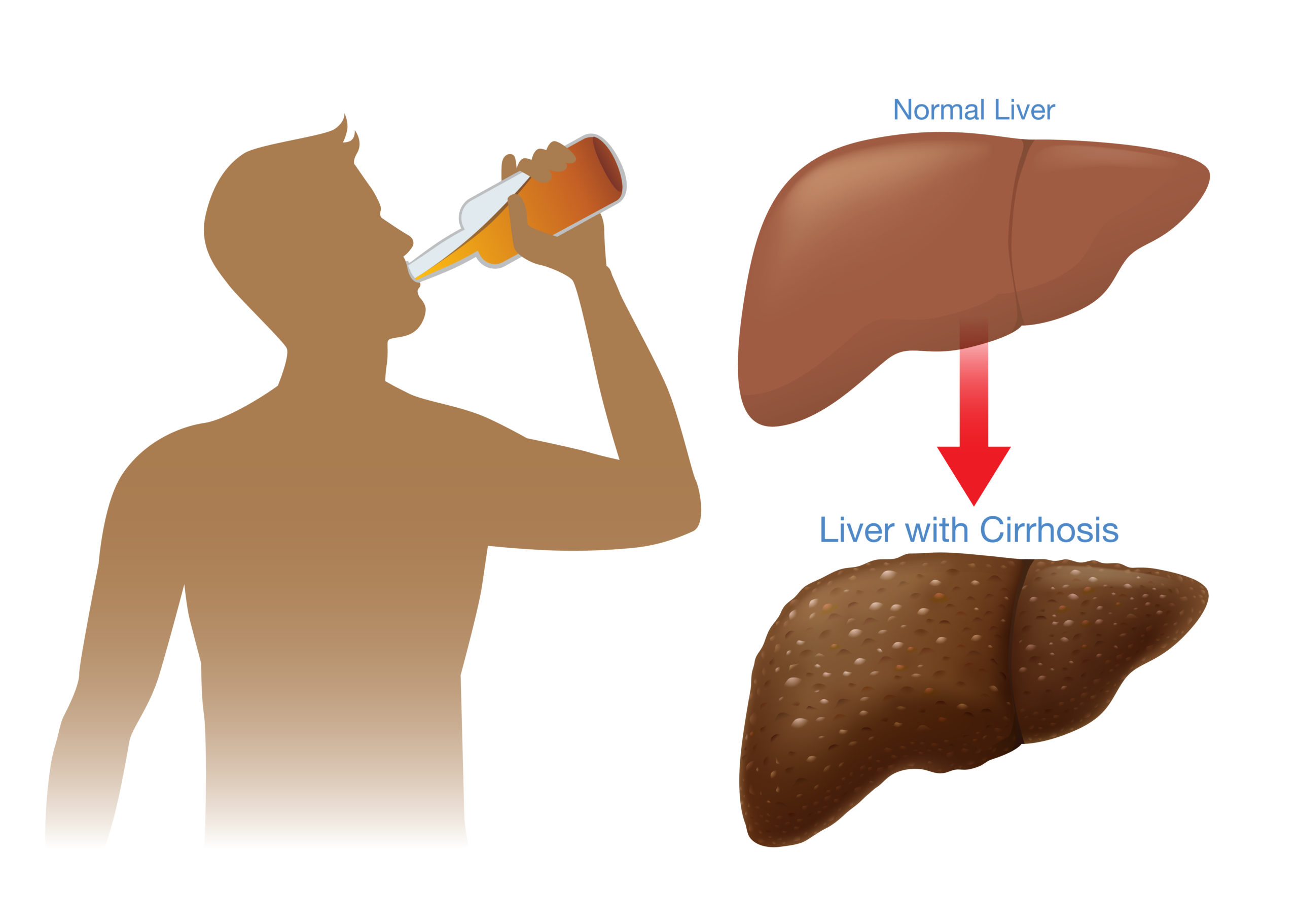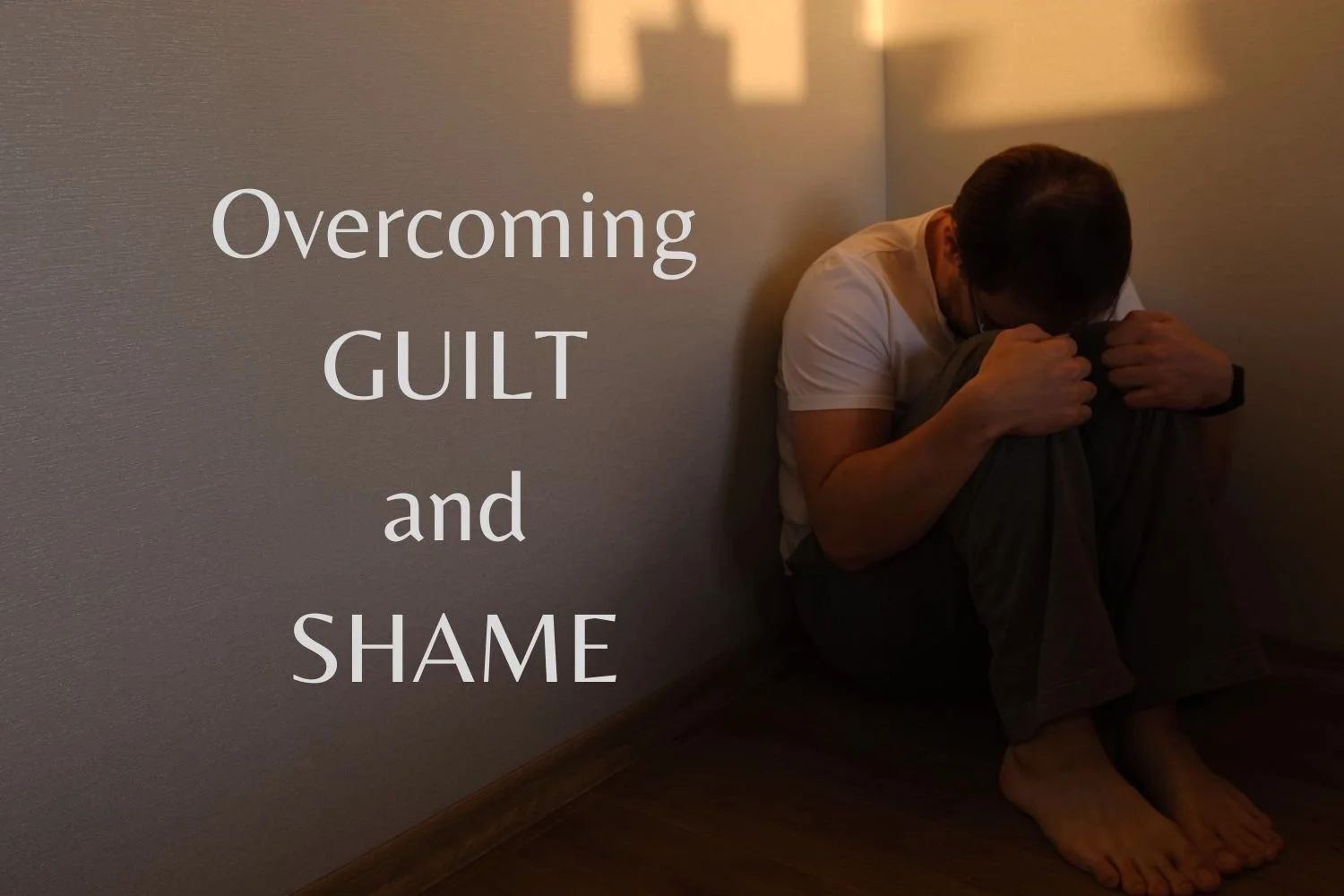Heart Damage from Drug Use
Heart damage from drug use is often overlooked, but it’s one of the most serious health effects of substance misuse. Many drugs—legal, illegal, and even common everyday substances—can quietly strain the heart, weaken blood vessels, and disrupt normal heart function. Early warning signs are easy to miss and often mistaken for stress or fatigue. Stimulants, … Read more









